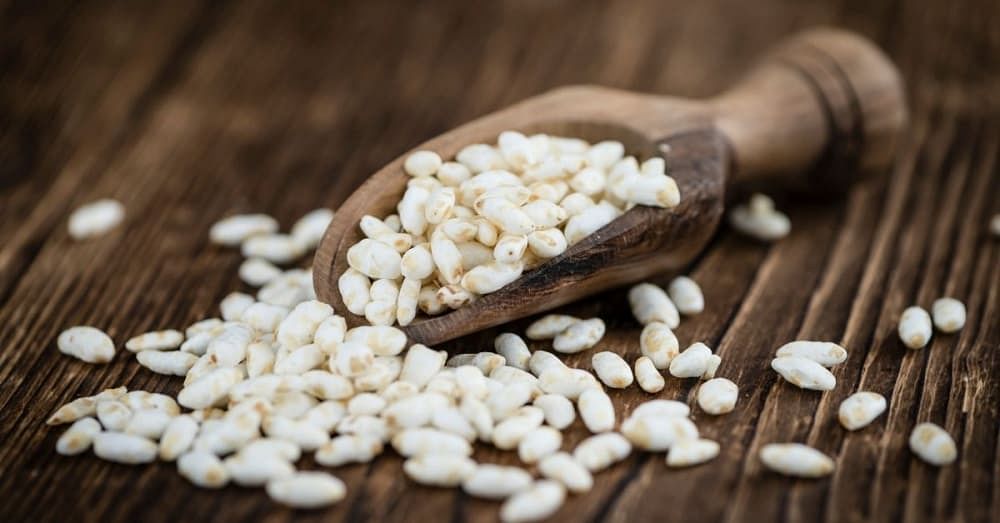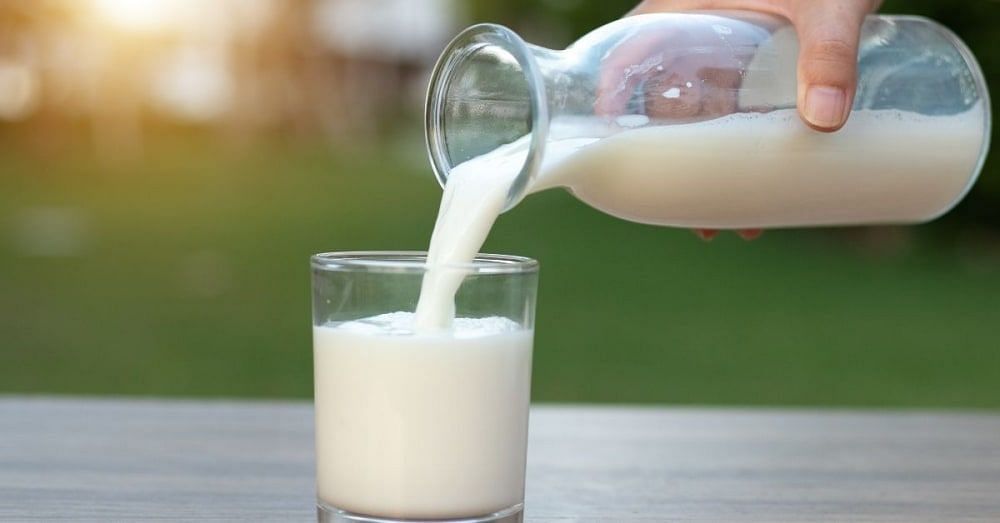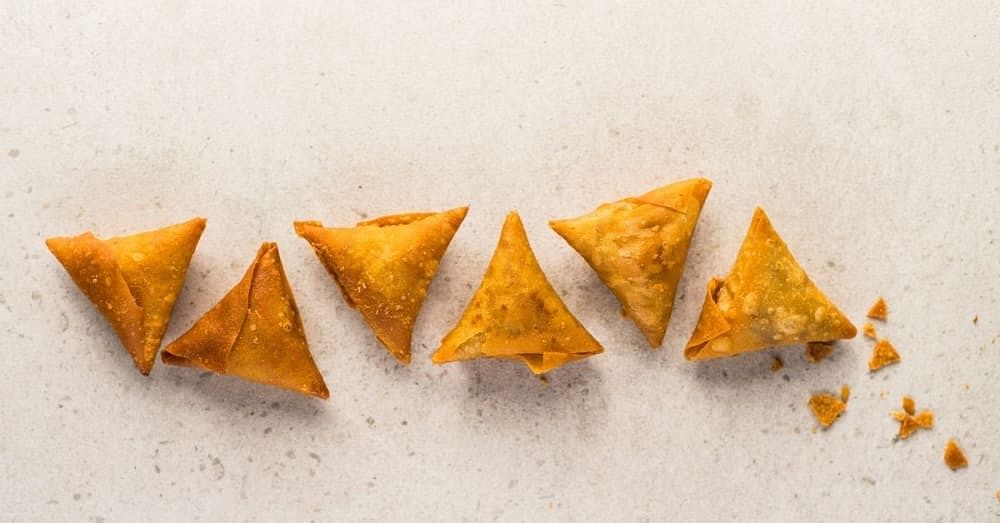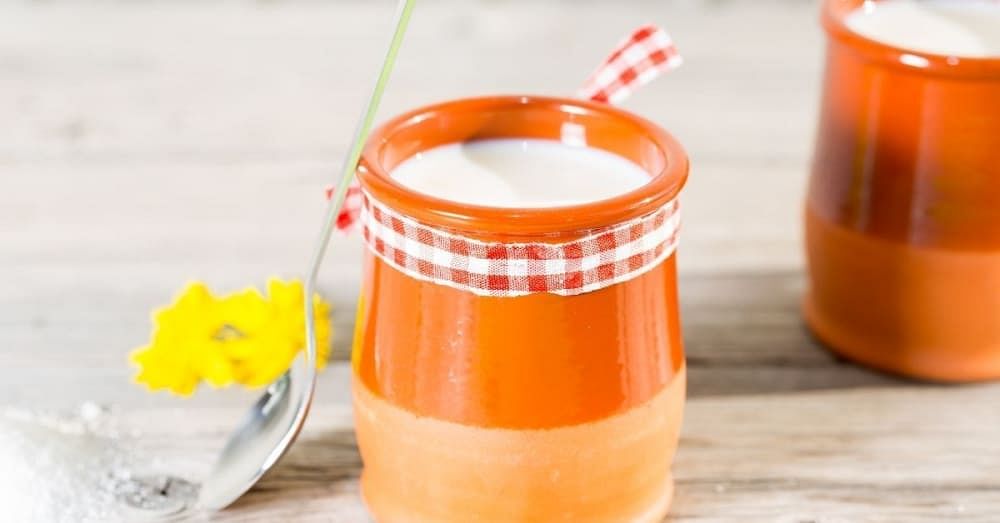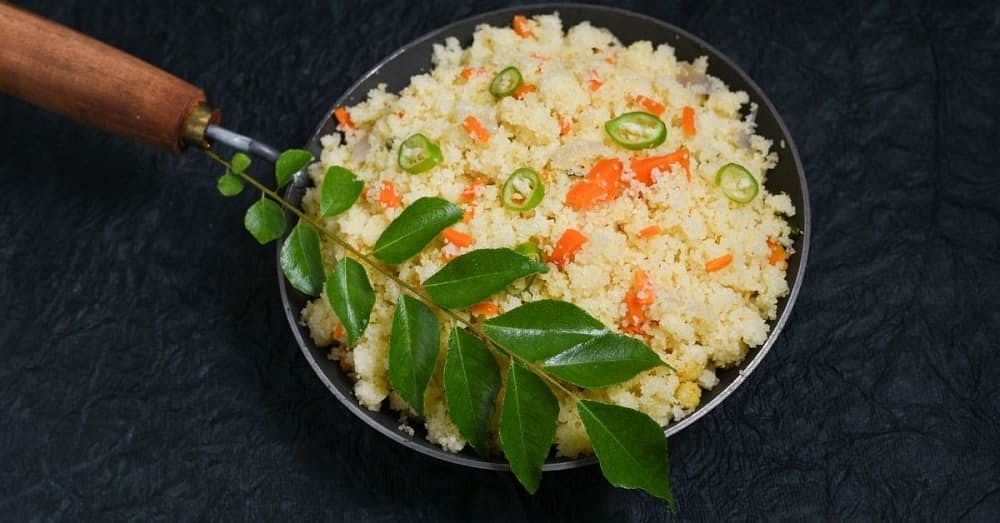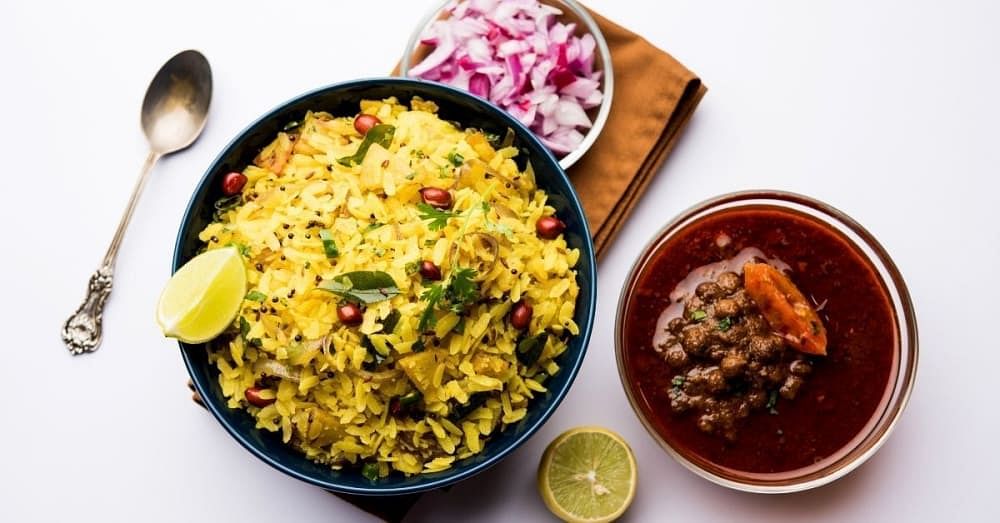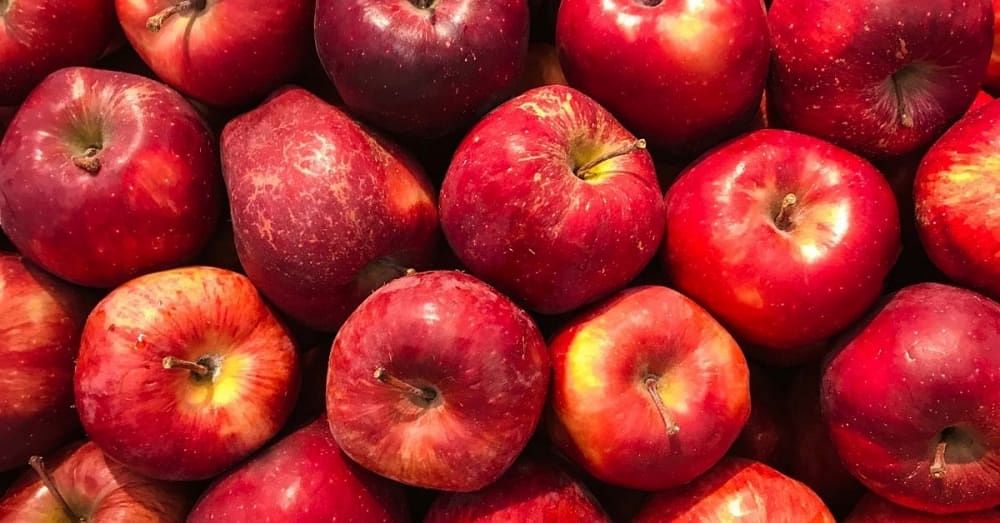Puffed rice brings to mind those spicy snacks that are hard to resist. The delicious, crunchy taste of these simple dishes is mouth-watering. These desi snacks are also known as murmura, muri, kurmura, puffed rice, or parched rice. It is a regular snacking option in the subcontinent. Moreover, these are pocket-friendly snacks.
Puffed rice is also an excellent source of protein, dietary fiber, and thiamine (vitamin B1). For healthy living, you cannot overlook the benefits of puffed rice. Read on to find out more about the incredible benefits of integrating this tasty cereal into your daily dietary regimen.

How Many Calories in One Serving of Puffed Rice?
Before consuming puffed rice, you may want to know how many calories are in puffed rice? The total number of calories in one serving of puffed rice is 56. Puffed rice contains various nutrients such as magnesium, calcium, thiamin, riboflavin, niacin, natrium, kalium, iron, and vitamins D and B6.
Puffed Rice Calories for Weight Loss
Puffed rice is excellent for weight loss. It is rich in complex carbohydrates and can help break down fats. It is low in calories and fat and has zero cholesterol content. It can aid in digestion and improve metabolism. Besides helping you lose that stubborn weight, puffed rice keeps your bowel healthy.
It increases digestion by reducing mucus and bloating in the stool and preventing constipation, acidity, and other gastrointestinal problems. Since calories in one serving of puffed rice are 56, you can easily manage it by 30 minutes of exercise, which will be explained in detail later in the article.

Puffed Rice Nutrition
In one serving(14 grams) of puffed rice, the nutrients are
Additionally, it contains several minerals like magnesium, calcium, niacin, riboflavin, thiamin, kalium, natrium, iron, and vitamins D and B-6, calcium, iron, and vitamin D, which strengthen bones and boost immunity.
How Long Would It Take to Burn 56 Kcal?
You can burn 60 puffed rice kilocalories with approximately 30 minutes of walking, running, and bicycling altogether.
Health Benefits of Eating Puffed Rice
Puffed rice makes the body healthier and stronger by packing in several nutrients. It offers the following specific health benefits:
1. Relieves Constipation
Puffed rice is a great source of dietary fiber, which can help in relieving constipation. With this cereal, you do not have to feel guilty about taking more than the recommended serving amount daily. It will keep your stomach and bowel movements regular for a long time.
Puffed rice nutrition minimizes mucus and excessive fat quantity in the stool. This doesn’t let them stick to the intestinal walls making for smooth passage.
2. Promotes Digestion
Many people mistakenly believe that this cereal does not have digestive benefits. But you'd be surprised to know puffed rice supports healthy bowel movements. Puffed rice is a digestive stimulant that acts to break down food particles in the stomach and intestines.
It also promotes the secretion of digestive juices, promoting the absorption of vital nutrients through the intestine.
3. Boosts Immunity
Adding puffed rice to your list of healthy foods will help you banish a cold, cough, or flu in an instant. It eliminates microbes and protects our bodies against infections. It also stimulates the formation of white blood cells that fight off infections. As it is filled with protein, puffed rice nutrition benefits the immune system as well as the liver.
4. Regulates Blood Pressure
Blood pressure is regulated by reducing the ratio of the sodium-potassium pumps in cells. An increased sodium intake can increase hypertension and cause a life-threatening stroke. Puffed rice nutrition serves to lower cholesterol levels.
This helps patients maintain control over their blood pressure levels. Moreover, it helps stabilize the cardiovascular base.
5. Strengthens The Bones
As we grow old, our joints start to hurt or get fractured by even a small injury. Other body parts also show weakening, like our teeth. Puffed rice nutrition helps address these issues.
Puffed rice is a great source of both calcium and magnesium. These minerals are essential for the body to synthesize and maintain strong bones. Additionally, they help in bone cell growth and regeneration.
6. Provides Energy
Beans and grains, in general, are great sources of dietary fiber. Puffed rice calories contain a decent amount of carbohydrates that provide you with an adequate amount of energy.
Proper intake of puffed rice calories gives energy for the whole day.

Does Puffed Rice Increase Weight?
Are you overeating puffed rice dishes? Don’t worry; it doesn’t add much to your calories count. The fact that it is low in calories and fat content makes it a great option for a daily diet. Further, it provides a variety of nutrients and other benefits to our bodies, as described above.
Puffed rice is a pocket-friendly snack that can be consumed without the worry of overeating. It is an ideal option for people on a weight-loss regimen. The abundance of fiber and essential nutrients in puffed rice satiates hunger pangs, eliminating overeating. As a result, it assists the shedding of weight faster.
Is Puffed Rice Better Than Rice?
Puffed rice is a type of short-grain rice that has been puffed or compressed using air. Puffed rice is denser and chewier than regular long-grain white rice and has a nutty flavor. It's also more nutritious because it contains high levels of fiber and vitamin B6.
Summing Up on Puffed Rice Calories
Puffed rice calories are not very hard to digest. But the best part is it is low in calories and fat content. It contains beneficial dietary fiber that improves metabolism and eliminates constipation and acidity. It also normalizes blood pressure and saves one from strokes.
Puffed rice protein is a daily recommendation for bone building and growth. The overall nutrients in a dish made with puffed rice help increase immunity.
Thus, puffed rice is a great snack for health and fitness, helping keep hunger pangs at bay!
References
- An Pan, Vasanti Malik, Qi Sun, March 2012; White rice consumption and risk of type 2 diabetes: meta-analysis and systematic review - https://pubmed.ncbi.nlm.nih.gov/22422870/
- Andreea Dragomir, Mihaela Posea, January 2009; Metabolic effects of low glycaemic index diets - https://pubmed.ncbi.nlm.nih.gov/19178721/
- Abdul Rohman, January 2014; Rice in health and nutrition - https://www.researchgate.net/publication/287284991_Rice_in_health_and_nutrition


